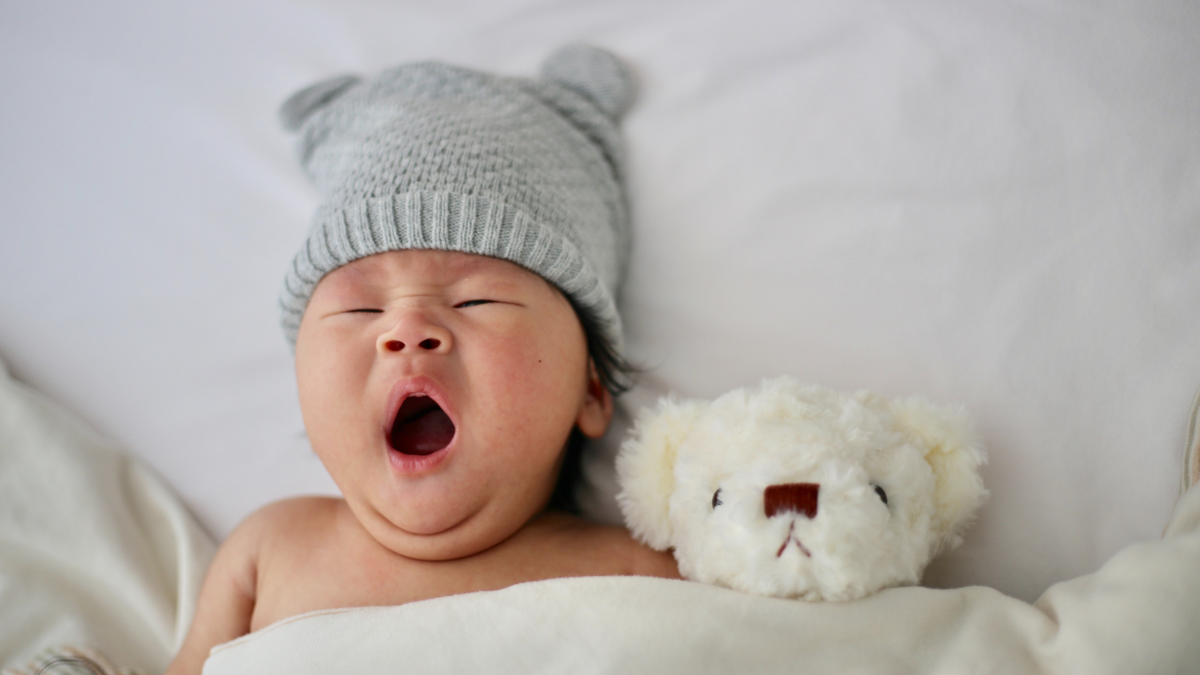
If you’re at the age where you’ve been wondering, “Should I freeze my eggs?”, you’re not alone.
Many women across the globe choose to freeze their eggs to extend their fertility. You may not want or be ready for children now, but freezing your eggs allows you to have the option of children later in life.
Although freezing your eggs may be a controversial topic for some people, it’s definitely a significant decision to consider for women who want or may want children. While it’s undeniably a huge decision, it could be a life-changing decision for some women, or help them ensure they don’t miss their chance to have children.
Top Reasons Why Women Freeze Their Eggs
There are many reasons why you may want to freeze your eggs. Most women do so when they want to have children at a later date.
Below, we’ll share the top reasons why you should freeze your eggs:
You Are Single and You Want Children Later in Life

It is easier to have children when you try before the age of 35, and even easier before age 30. However, many women are not ready or able to have children by that age.
According to research, wanting children but not being with the right partner is the number one reason women freeze their eggs.
If you’re currently single or dating someone who you know isn’t the long-term partner you’ll be having kids with, freezing your eggs can buy you some time.
If you know you may not meet the right partner, you can decide to freeze your eggs, knowing you might decide to have kids later, with or without a partner.
You Are Chasing Your Career or Educational Goals
Another reason why people aren’t ready to have children yet is that they want to complete their own personal goals first.
If you’re consumed by a 9-5 job or are busy with school, having children might not be possible right now.
You Are Running out of Eggs
Women who have a family history of infertility may freeze their eggs to ensure they have enough eggs when they are ready to have children.
You can ask your doctor to order a test to see whether or not you’re running out of eggs. If you are, this could be a motivating factor to say Yes to the question, Should I freeze my eggs?
At What Age Should I Freeze My Eggs?

When you’re wondering if you should freeze your eggs and what age you should freeze your eggs, the thought of doing it ASAP has probably crossed your mind.
But is it really better to freeze your eggs when you are younger?
While it is true that freezing your eggs in your early 20s may result in more high-quality eggs being frozen, most women at that age don’t feel ready to make such a big decision. Women in their 20s are less likely to know if they will need to use their frozen eggs, and are less likely to have decided they want children. Plus, women in their 20s still have a lot of time to meet the right partner and have children, so they may not think too much of it.
Although there is technically no expiration date for frozen eggs, most women only store them for five to 10 years. In some countries like the UK, frozen eggs can only be stored for 10 years. To obtain an extension, you have to demonstrate that you are prematurely infertile.
Birth rate data shows that women who freeze their eggs before hitting 30 have the highest live birth rates.
However, it is a trend that most women freeze their eggs in their late 30s and sometimes early 40s if they think they can’t conceive naturally.
The Best Time to Freeze Your Eggs
It is best to freeze your eggs before the age of 36 to increase the chances of freezing healthy eggs.
However, freezing your eggs at 36 years old will not give you the same chances as you would if you were to have sex at age 36.
This means that your best chance of getting pregnant is trying now because having sex at 36 and using previously frozen eggs from when you were that age will not result in the same chances.
How Much Will it Cost to Freeze My Eggs?

Freezing your eggs and undergoing IVF are similar in cost. They both run for about $10,000, including the testing, monitoring, and medications.
However, you also have to factor in additional costs for egg freezing such as annual storage fees ($500 to $1000 a year), egg thawing, fertilising, and embryo transferring ($5,000 to $15,000).
If your hospital tells you that egg freezing will cost under $7,000, make sure you check that the price includes all the necessities like fertility drugs.
This means that a single cycle will cost about $20,000, and additional cycles will cost about $7,000.
Unfortunately, there are rarely any subsidies from health insurance or egg freezing companies.
What is The Process to Freeze My Eggs?
If you do decide to freeze your eggs, here’s what the process will look like:
1. Consultation and Counselling
Firstly, you’ll have a few doctor’s appointments so the doctor can evaluate your situation and give you more information. They’ll also be finding out more about you and your health condition if you have one. Counselling sessions might be recommended prior to making your decision.
2. Fertility Tests
Throughout the weeks or months, there will be monitoring appointments so your doctor can check on your ovaries and other fertility factors.
There are usually fertility tests, blood work, and ultrasounds.
3. Hormone-injection Process
To prepare your body for the egg freezing process, you will have to give yourself one to three injections daily for two to three weeks. This will help to stimulate your ovaries and ripen multiple eggs.
4. Egg Retrieval

Finally, there is the egg retrieving process.
You will be sedated, and your doctor will place an ultrasound-guided needle through your vaginal wall. This is to reach your ovaries and retrieve your eggs.
Once your eggs are retrieved, they will immediately be taken to be frozen.
Should I Freeze My Eggs If I Have An STI/STD?
You cannot freeze your eggs if you have an active STI/STD. However, you will be able to do so once your STI/STD is treated.
During your appointments and health checkups, there will also be checks on STDs and STIs to make sure you can proceed.
Should I Freeze My Eggs If I Have A Low Pain Tolerance?
If you’re worried about pain, don’t be. You’ll be happy to hear that the egg freezing process is not known to be very painful.
The egg retrieving process is done using intravenous sedation, so you will not feel much discomfort or pain.
The only discomfort you will probably feel is during the transvaginal ultrasound can be uncomfortable, but not painful.
What Should I Know Before I Freeze My Eggs?

1. You May Lose Eggs Throughout the Freezing Process
Regardless of the number of eggs you produce during stimulation, you may end up with fewer eggs if some of them are deemed immature and unsuitable for freezing.
You can also lose eggs if they do not freeze or thaw properly, fertilise, or reach the blastocyst stage that is necessary for implantation.
2. You May Need to Freeze Your Eggs Multiple Times
Since you can lose eggs throughout the freezing process, you might have to do so multiple times to ensure the best chances.
On top of this being an expensive process, you should also keep in mind that it can be emotionally and physically draining.
3. Freezing Your Eggs Might Not Work
Freezing your eggs at 30 years old will not give you the same chances as you would if you were to have sex and conceive naturally at age 30.
4. Only You Can Use Your Frozen Eggs
When you freeze your eggs, you may have to sign a declaration that states you cannot sell your eggs or let anyone else use them. In many places, your frozen eggs are also not able to be used by anyone, your family included, when you die.
The Human Fertilisation and Embryology Authority states that the birth rate with previously frozen eggs per embryo transfer is approximately 19 per cent. This means that the procedure might not result in a live birth even with four embryos.
This means that there is no guarantee, even if you go through the cycle multiple times.
The Takeaway

Freezing your eggs can provide you with an option if you need or want to delay childbearing. However, it is not guaranteed and does not have the same odds as natural conception.
If you’re unsure and thinking “Should I freeze my eggs?”, you can try a CircleDNA Testing Kit as it includes over 500 reports that tell you more about your body, including family planning reports based on your DNA. There’s a dedicated family planning section with 163 reports that will empower you to start or protect your family now and in the future. Order your CircleDNA kit here.







Comments are closed.